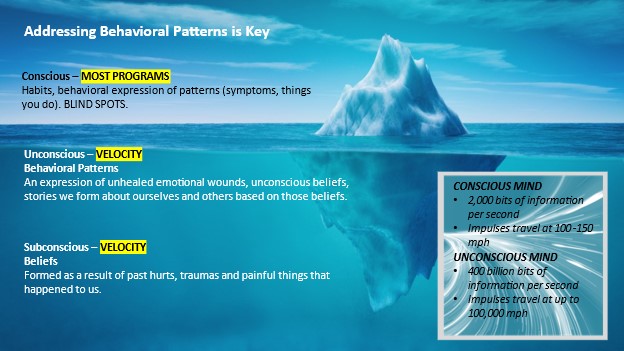Executive Coaching Firms
You can’t swing a dead cat without hitting several thousand executive coaching firms/coaches. It is an unregulated, billion-dollar industry. So, it begs the question, how do you navigate? Below are types of coaching firms, along with the most common executive behavioral patterns, impacting businesses today.
First, keep in mind if you are reading this, you probably have retained an executive coaching firm because you desire personal improvement, wish to better coach your senior leadership team, and improve overall impact in the organization. However, you are in the minority. The majority of executive leaders of Fortune 50 companies and larger, still do not engage the services of an executive coaching firm. Why not? It’s often easier to look at other factors in the organization rather than themselves. But, they are exactly the ones who need executive coaching most. Everything, including culture, rises and falls on leadership.
One very important item to note before heading into navigation and behavioral patterns. One-on-one coaching work is highly transformative and effective because you gain insight and effective change to your individual patterns whereas group or training situations only broach the surface and therefore, create surface-level results. To this point, I see two main coaching categories making up the landscape:
- Conscious mind coaching – logical, tactical and data-driven
- Unconscious mind coaching – underlying behavioral patterns and thought which drive the majority of daily actions. See the iceberg graphic below, which represents several studies all revealing similar results…

From the studies, it’s evident that the unconscious mind drives almost all daily thoughts and actions. The curious thing is why aren’t all executive coaches and firms focused on it? The answer is that most executive coaches pull from their experience which is the basis of their coaching model: “what’s the problem, what are the options and which one should we take?” All of this is focused on the conscious mind.
Types of Executive Coaching Firms
- Advisor/Mentor – Folks who have been in your seat and will offer suggestions of what you should do. They will look at it from their perspective, having gone through something similar. Downside: your success will be limited to their level of results and no two situations/companies/teams are exactly alike. Information may be outdated.
- Tactical and Strategic – Reflective of the title and focused on specific tactics and strategies to achieve a desired goal. Most “business coaching” falls into this category. Limited to industry/market/business instead of a broad view with overarching impact.
- Consultative – Will research and produce report outlining options. You will most likely choose the one with which you feel most comfortable, which will limit potential results.
- Behavioral – The science and art of facilitating the performance, learning and development of the individual or team, which in turn assists the growth of the organization.
Behavioral patterns drive all of the above; they are the underpinnings of strategy, tactics and options because they come from your paradigms and create what you see. In short, you won’t achieve higher levels of success until you change these. For this reason, the most pervasive results are achieved when you work on behavioral patterns in coaching. I’ve actually seen terrible leaders hire coaches fitting into categories #1 and #2 and become worse than they already are. Everyone thinks since they have a coach, they must be making positive changes.
What is a behavioral pattern? A recurrent way of acting by an individual or group toward a given object or in a given situation
Most Common Executive Behavioral Patterns
- Best idea – My idea is the best one, I am the decision-maker.
- Defensive – I am doing my best and can’t please everyone.
- Safest Route – I would rather pursue what I think is realistic rather than pushing boundaries.
- Get on the bus – If you don’t line up with my thinking, get off the bus (leave the organization).
- Driving for results, lacking empathy or compassion or ability to treat people like people
- Low use of or no systems (including lack of time)
- Echo Chamber – No one to confide one’s private thoughts to at the top, or think through ideas with. Echo chamber references hearing your own voice in your head and yours alone.
If you are running these behavioral patterns, seek out behavioral coaching. If you are HR and see executives (or anyone on the team) running behavioral patterns detrimental to desired results or team members, seek out executive coaching firms with behavioral coaching capability for that individual. Also consider retaining an executive coaching firm to address and develop better behavioral patterns for your entire team. Interaction is often the catalyst for amplification of behavioral patterns.
One last thing: Popular advice is to choose your coach based on who you feel fits you best. I advocate the opposite because you are likely to choose a coach that you feel comfortable with. This will only proliferate running the same behavioral patterns. Conversely, when you choose a coach who causes you to feel uncomfortable, points out the heart of an issue directly, and provides neutral perspective it will facilitate the biggest transformation in you. People grow the most from their biggest challenges, not comforts. It should be the same when hiring a coach.
